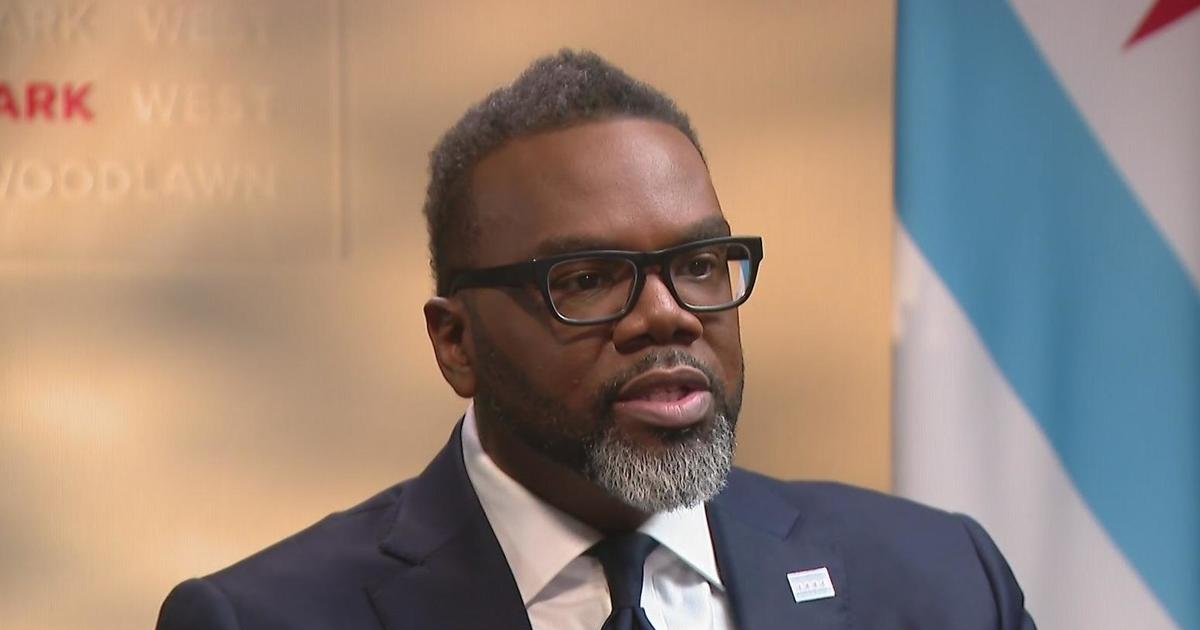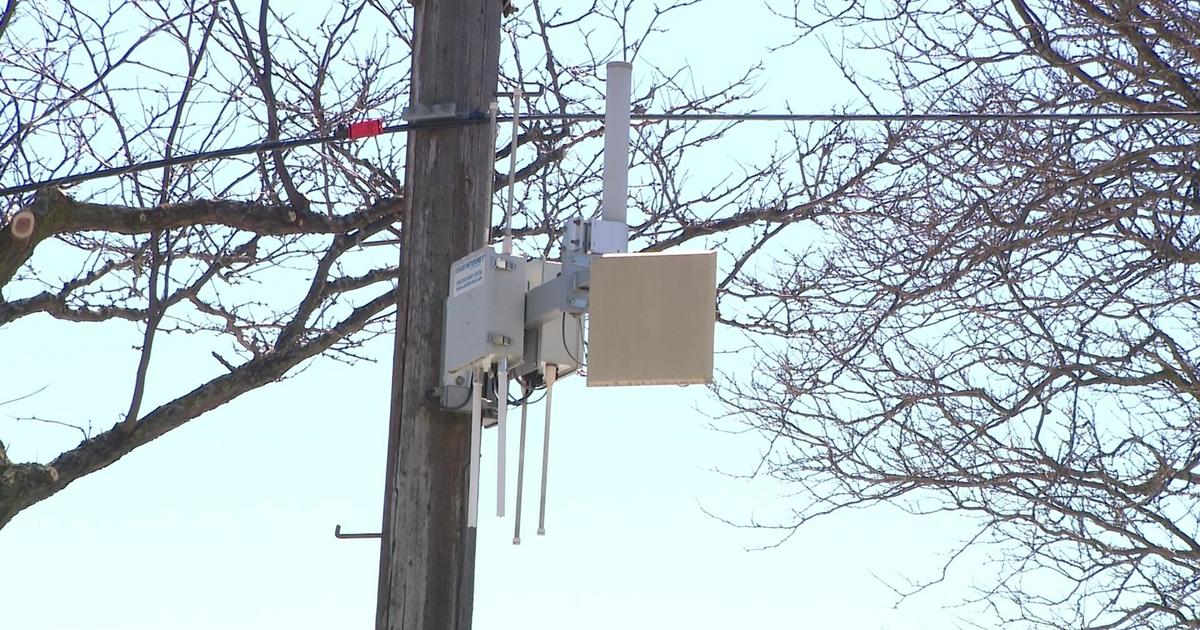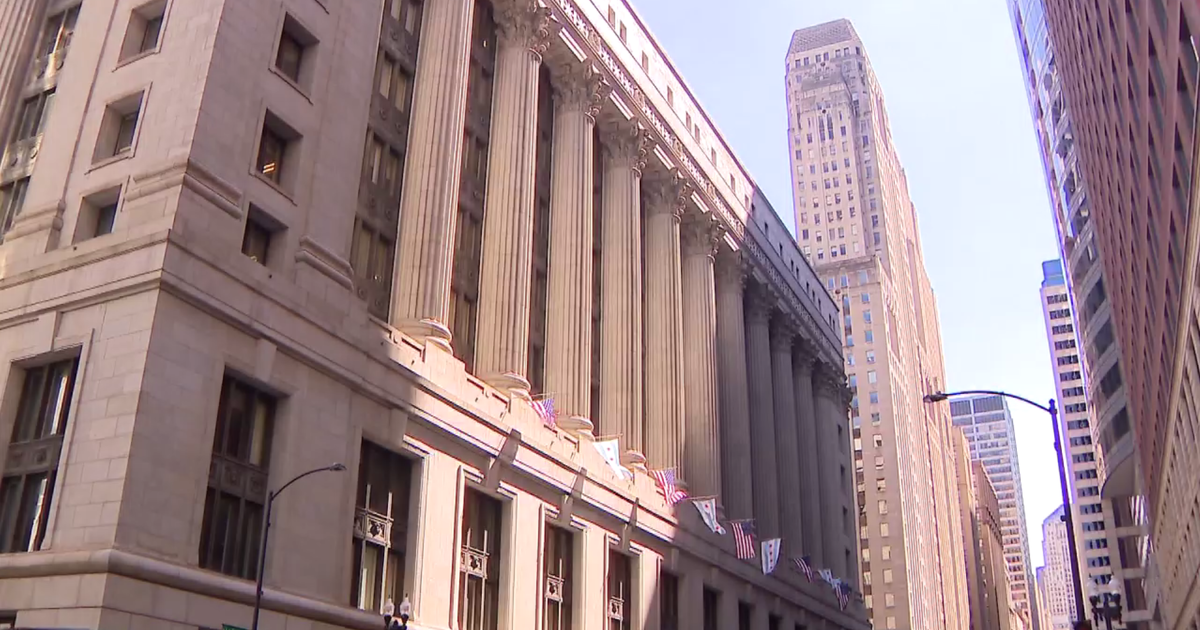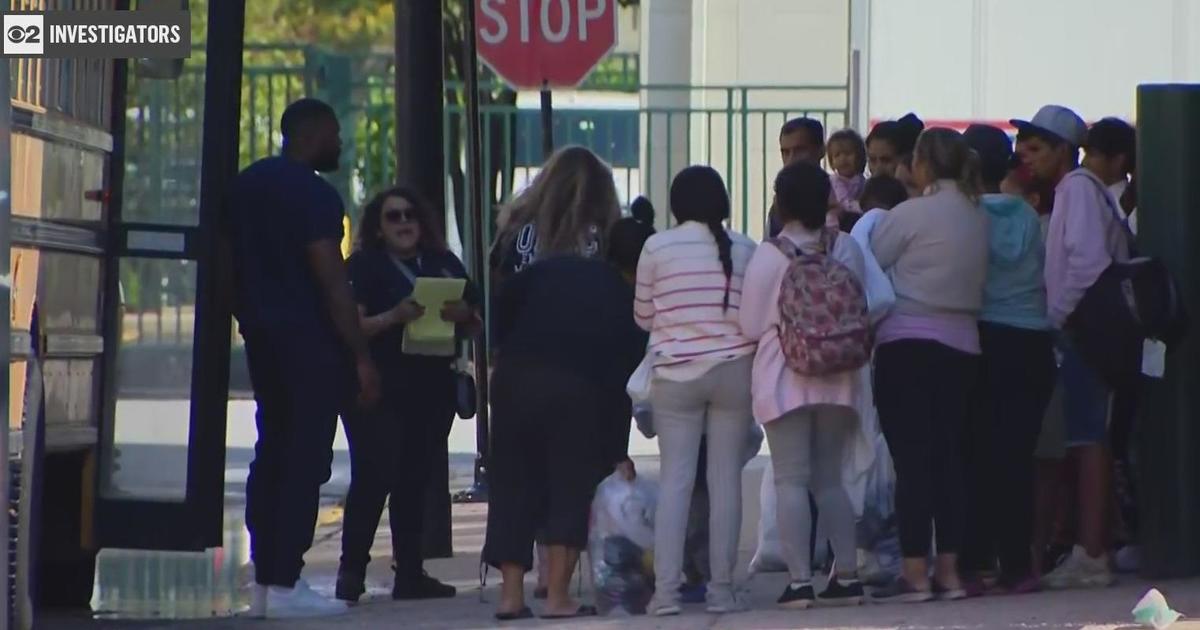Bid To Allow Marijuana Use At Tobacco Shops Stalls In City Council Committee, But Vote Could Come Next Week
by Todd Feurer, CBS Chicago web producer
CHICAGO (CBS) -- Mayor Lori Lightfoot's plan to allow for on-site consumption of marijuana at licensed cigar bars, hookah lounges and other tobacco shops hit a speed bump on Wednesday, as the City Council License Committee delayed a vote on the plan until at least early next week.
The measure would require a business to make more than 80% of its gross revenues from the sale of tobacco products and smoking accessories in order to allow on-site consumption of marijuana.
A shop also would have to be located in a standalone building with sufficient ventilation to prevent smoke from reaching non-smoking areas. They also would have to be at least 500 feet away from schools and any other business licensed for cannabis consumption.
The License Committee spent an hour discussing the mayor's proposed ordinance before ending the meeting without a vote. License Committee vice chairman Ald. Brian Hopkins (2nd), who was chairing the meeting, said he didn't want to call a vote without the mayor's floor leader, Ald. Gilbert Villegas (36th) present.
"Without the floor leader, it didn't seem appropriate," Hopkins said.
Villegas said he left the meeting before the vote to attend a civics class with high school students in his ward, which had been scheduled months ago. When Villegas informed Hopkins he couldn't make it back to City Hall by the end of the day, the vote was pushed back to sometime next week.
While Villegas and Hopkins both said they believe there are enough votes to approve the mayor's pot consumption ordinance, Hopkins said some aldermen are concerned that the measure would effectively open the door to turning the city's existing marijuana dispensaries into party dens.
Although marijuana dispensaries would not be allowed to permit on-site pot consumption, Hopkins said some aldermen worry dispensaries could open up a tobacco shop next door or across the street to give their pot customers a place to light up, and not worry if the tobacco shop itself actually made a profit.
"Then it becomes a party magnet. Then it spills out onto the street. Then it becomes a problem just like a problem liquor establishment would be," Hopkins said.
While the mayor's office has said it is waiting until new recreational marijuana dispensary licenses are issued in May -- to make sure there is sufficient minority ownership of pot businesses -- before introducing a plan to allow on-site consumption at marijuana businesses, Hopkins said most aldermen oppose allowing weed smokers to light up at dispensaries.
"We wouldn't have consumption licenses present anywhere near dispensaries. That was the clear will of the body today," Hopkins said. "People would support a dispensary as long as you couldn't actually use the product there, and if we tell them we're going to allow this dispensary, but next year they might come back and seek a consumption on premises license, people would not really trust us. It would sound like a shell game, where we're going to get that dispensary out there, and then the next thing you know there's a cannabis den in that location."
Hopkins said people in his ward view marijuana dispensaries as akin to pharmacies, and expect customers will go there to buy products they will use elsewhere.
"You're using it in the privacy of your own home, it's no one else's business. That's a different environment than using the product in a [dispensary] location," he said.
Business Affairs and Consumer Protection Commissioner Rosa Escareno said, for any alderman who wants to limit the number of marijuana consumption sites are located in their wards, the state's marijuana law allows them to start a petition to create restricted zones where on-site consumption is banned.
Meantime, Ald. Brendan Reilly (42nd) questioned how tobacco businesses would be able to make money off allowing customers to use marijuana in their shops, given that the on-site consumption license will cost $4,400, they will have to pay for expensive ventilation systems, and will still have to make at least 80% of their revenue from tobacco products and accessories.
"Even the most creative or most impressive entrepreneur on earth will not find a way to monetize this thing," Reilly said.
Reilly said he's worried that some tobacco shops would turn to black market marijuana sales to make a profit if they opt for a consumption license.
"We do not want them to get creative and find a way to sneak product in and sell it out the back door," he said.
Hopkins said tobacco shops in his ward are eager to get consumption licenses, despite the costs of a license and required ventilation systems.
"We have people clamoring for this, regardless," he said. "There seems to be this belief that this is going to be a very lucrative business."
Hopkins acknowledged that might be the result of confusion about the rules for the burgeoning legal weed industry.
"You know, we're almost trying to write the rules as we go along here," he said.
Several aldermen said they want lawmakers in Springfield to amend the state's recreational marijuana law to give local governments more leeway in licensing businesses beyond tobacco retailers to permit on-site consumption.
"The state seems to have handcuffed our ability to regulate with the authority that we need," Hopkins said.
Paul Stewart, the mayor's marijuana advisor, said they have relayed the aldermens' concerns about consumption licenses to the governor's office, and hope to get some action in Springfield this spring.
Meantime, Villegas said he's confident there are enough votes to approve the mayor's consumption ordinance in time for next week's City Council meeting.



